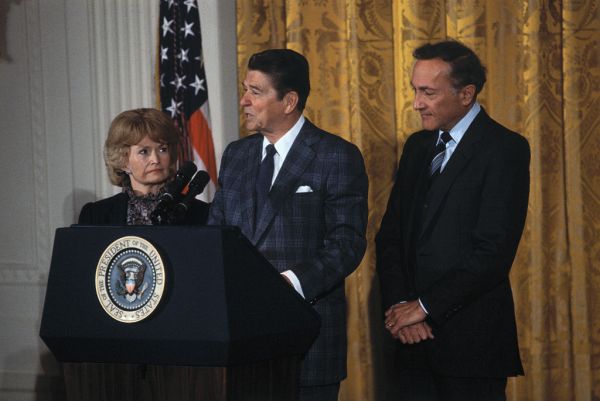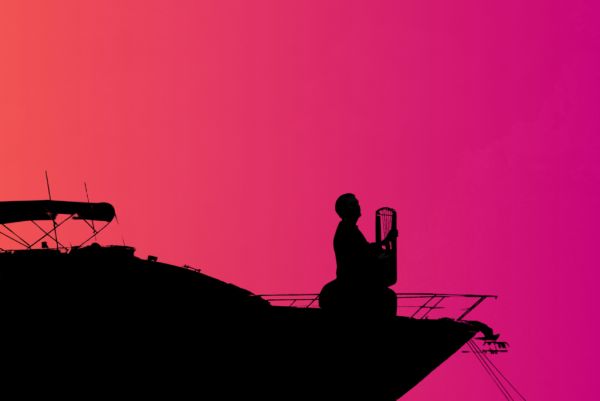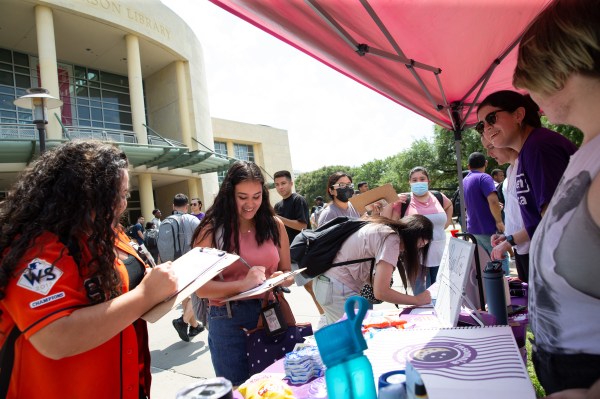How is inflation like critical race theory?
A lot of voters have a hard time explaining how either works, but they know they don’t like it when they see it.
Obviously, it’s a silly comparison on the merits. For starters, some voters actually like critical race theory while nobody likes paying higher prices. But, politically, the comparison is apt for two reasons.
First, the country is in a mood to blame the party in power for things it doesn’t like, even if it’s not abundantly clear the party in power is responsible.
The recent fights over CRT in Virginia’s elections—whatever you think of the issue— had little to do with Joe Biden or Congress. The same is mostly true for other hot button issues such as “defund the police” or transgender bathrooms. But national Democrats are still being blamed for them. Tip O’Neill’s maxim “all politics are local” has been replaced with all politics have been nationalized.
A new ABC-Washington Post poll has Republicans leading among registered voters by 10 points, the biggest lead in the 40-year history of the survey. The main driver of the voter dissatisfaction is the economy in general and inflation in particular. The latter hit a 30-year high in October and shows few signs of abating any time soon.
Inflation is a miserable problem in its own right, but it’s an agonizing one for politicians in power because it affects everyone on a daily basis, especially those living paycheck to paycheck, and fuels a larger psychological fear that things are out of control. Among policy problems, it is almost uniquely immune to happy talk and political spin. Politicians can tell voters not to believe their lying eyes about the scope of some scandal, but you can’t tell people they’re not actually paying higher prices for milk, gas, or their kids’ shoes. Everyone is an expert about their own pocketbook.
And this is the second reason why the CRT comparison is apt. Trying to talk people out of their concerns only makes them angrier. Whether the Virginia schools were technically teaching CRT misses the point. Parents, exposed to what their kids were learning to an unprecedented degree thanks to COVID-related school closures, knew they didn’t like what they were seeing. The label was incidental and attempts to tell parents they didn’t know what they were talking about came across as condescending and out of touch.
Inflation presents the same dilemma on a far greater scale. President Biden spent much of the year dismissing inflation concerns, pressing ahead with huge spending proposals. “There’s nobody suggesting there’s unchecked inflation on the way,” Biden insisted in July (even though former Obama Treasury Secretary Larry Summers suggested otherwise). Then he transitioned to the argument that it is a “transitory” problem driven by supply chain hassles.
And now he’s landed on acknowledging it’s a real problem but says that it just so happens that the same spending priorities he championed when he denied inflation was a concern will fix the problem. That’s a remarkably convenient coincidence many voters are unlikely to buy.
I think Biden is probably right that inflation started as a supply-side phenomenon, driven by shortages of products and services and higher energy prices (though he dismisses concerns that his policies could drive energy costs higher). Our last bout of inflation—which helped crush the reelection hopes of both Presidents Ford and Carter—was a demand-side problem.
But there’s no reason to believe that it will stay a supply-side problem. Inflation causes changes in behavior and, at some point, if people believe inflation is here for the duration they can make it a self-fulfilling prophecy. Throwing trillions more into the economy with the Build Back Better “human infrastructure” plan could be inflationary, or it could just convince people to behave as if it were.
And since that legislation can pass only if Democrats use reconciliation on a straight party-line vote to sidestep the Senate filibuster, they will own the consequences politically.
On a host of fronts—the Afghanistan withdrawal, the Delta variant, the precarious balance in the Senate, and, of course, inflation—Biden’s first year has been plagued by problems made worse by his chronic underestimation of the risks or his misunderstanding of the facts on the ground.
If inflation is still raging in mid-2022, Democrats will probably be swept from Congress. If it lasts much longer than that, Biden will probably join Carter and Ford in the one-termers’ club, and there’s nothing he can say to stop it.








Please note that we at The Dispatch hold ourselves, our work, and our commenters to a higher standard than other places on the internet. We welcome comments that foster genuine debate or discussion—including comments critical of us or our work—but responses that include ad hominem attacks on fellow Dispatch members or are intended to stoke fear and anger may be moderated.
With your membership, you only have the ability to comment on The Morning Dispatch articles. Consider upgrading to join the conversation everywhere.